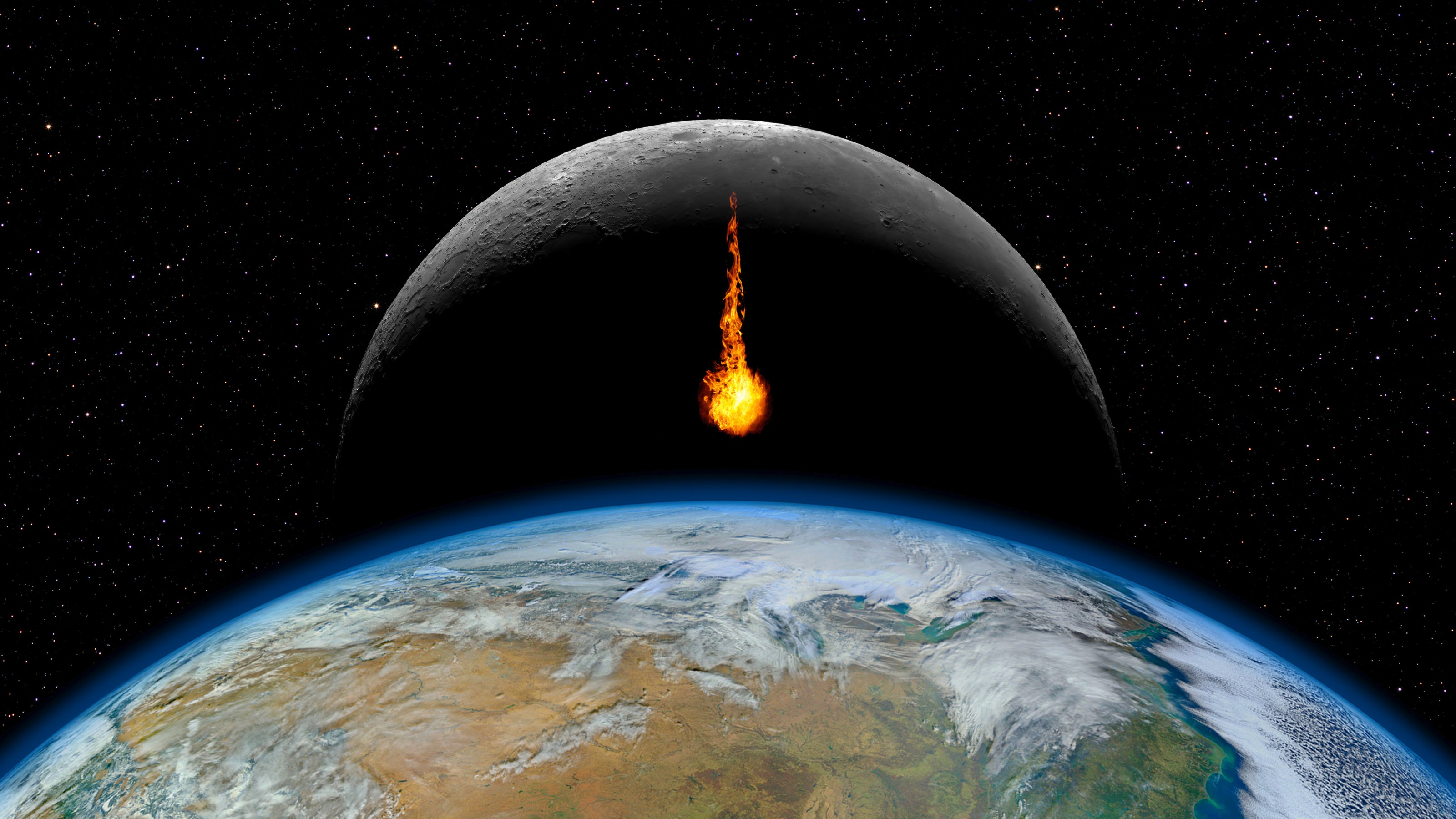Sign up for Big Think on Substack
The most surprising and impactful new stories delivered to your inbox every week, for free.
If you want to understand trends in the history of global violence, look to data, not headlines, says Harvard psychology professor and linguist Steven Pinker. The news cycle will never be a good indicator of historical trends because no reporting occurs where problems aren’t also occurring. “Because you never see a reporter standing outside a school saying, ‘Here I am in front of Maplewood High School, which hasn’t been shot up today,’ or, ‘here I am in the capital of Mozambique and there’s no Civil War.'” So what does the data show?
Violence is on the decline since World War II, when the globe was overwhelmed by massive conflict. But that doesn’t account for all the decline, says Pinker. Through the seventies and eighties, civil wars dotted the world map, and the death tolls from those conflicts quickly added up. Today, with the notable exception of the Syrian conflict, instances of civil war continue to decline. Syria, however, has set the world back about thirteen years.
Dr. Pinker originally collected data on the history of global violence in his book, The Better Angels of Our Nature: Why Violence Has Declined, and continues to update the figures yearly.
Steven Pinker: Historic trends in violence can't be assessed by headlines. Headlines are about things that happen and they give you no indication whatsoever of how common a particular activity is. Because you never see a reporter standing outside a school saying, "Here I am in front of Maplewood High School, which hasn't been shot up today," or, "here I am in the capital of Mozambique and there's no Civil War." So forget headlines, the only way to answer the question of what are the trends in violence is to look at data where you count the number of occurrences as a proportion of the number of opportunities and you see whether that's changed over time.
So since I wrote Better Angels of Our Nature — I sent it off to the press in the end of 2010, so the data that were available were from '08 /'09 — I keep yearly updates on what's happened to those trends. And with the exception of Civil War, which after a roller coaster downward from the end of World War II, has shown something of an uptick because of the Syrian Civil War. It's wiped out about 13 years of progress taking us back to the level of about 2000, but it's still a fraction of the level that it was at in the '60s, '70s and '80s when you had not just eight or nine civil wars going on at a time but 25 or 30. We tend to forget them.
We tend to be amnesic about all those nasty wars in Africa and South East Asia that were going on in the '70s and '80s, but a lot of them had a considerable death toll. So clearly things have gotten worse in Syria. They've gotten worse in Ukraine, in Pakistan, but the global trend has not reversed the progress that we have seen by any means. All the other trends such as homicide, which kills far more people than wars, continues to go down. Sexual violence, at least in countries that have good data, have continued to go down, rape and domestic violence, child abuse has continued to go down.
More and more states and countries have abolished capital punishment. Even democratization, absence of government violence — where we're aware of backsliding in countries like Venezuela and Turkey and Russia — but still the global trend continues to be that the world is getting more democratic. We don't read about the countries that have liberalized but we hear about the countries that increase their repression. And they do exist, but on the whole the world has become more democratic as well as less homicidal, less gender-based violence, less child abuse and so on. And even in the category of war, you can divide wars into wars between countries — old fashion wars of country "A" declares war on country "B" — and civil wars. And the first category, interstate wars, government on each side, has been in kind of puttering decline for many decades.
There are fewer and fewer wars between countries. The wars that exist are civil wars. And that record has continued to improve; namely we've had zero interstate wars since The Better Angels of Our Nature was published. And in fact we've had zero interstate wars since the American invasion of Iraq in 2003. And historically, wars between countries tend to kill more people than civil wars. So even with the backsliding that we've seen in the case of Civil War, in the case in the most destructive form of wars, the world is still not seen a return to the bad old days of the '70s and '80s.






